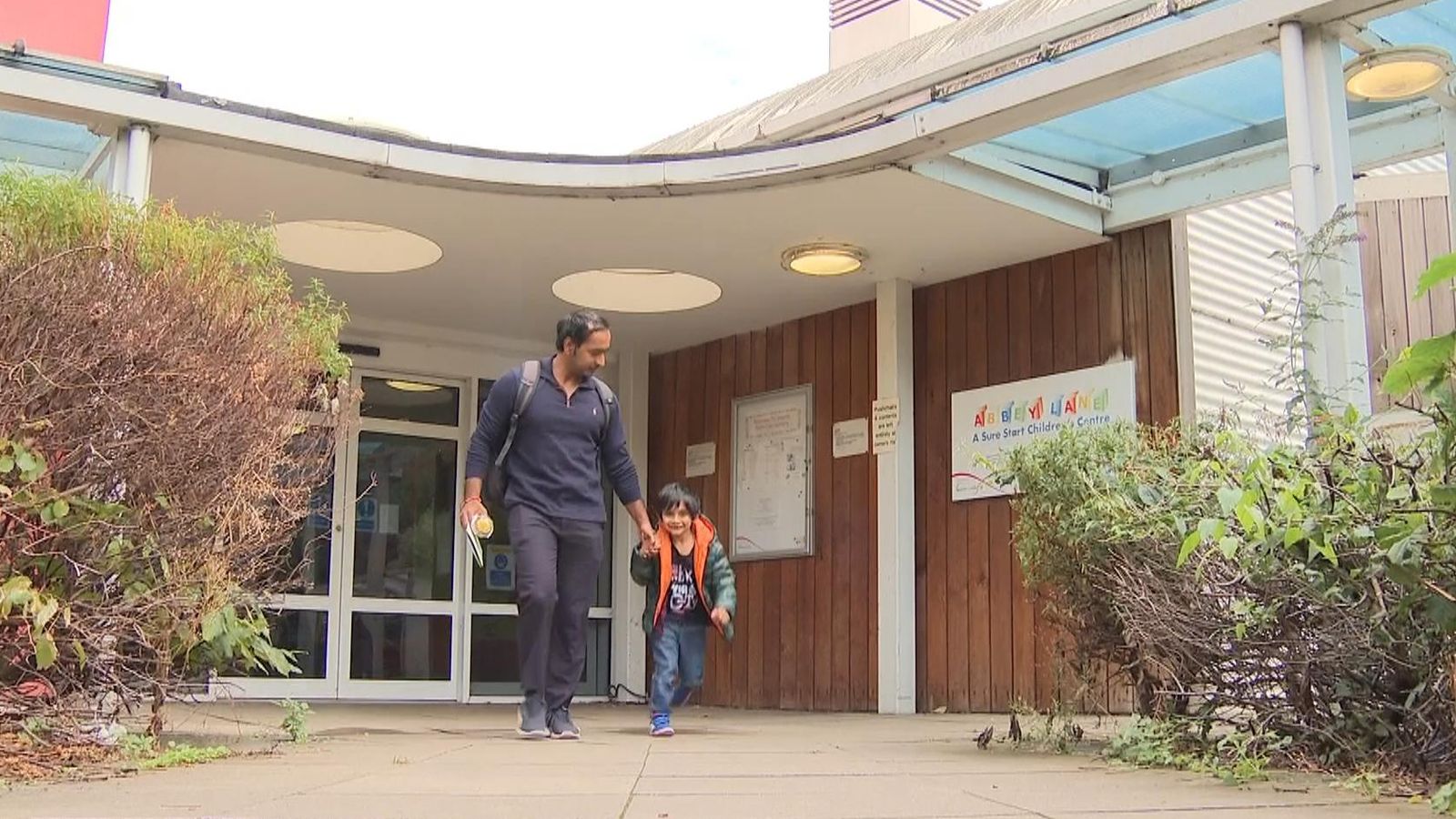One in five primary and secondary aged children are estimated to be behind with their talking and understanding of words, a new survey by a charity suggests.
Speech and Language UK says this is the highest number of children with speech and language challenges ever recorded.
The report, based on a survey of teachers, also found that:
• 80% of teachers think children in their classroom are behind with their talking and/or understanding of words
• 73% of teachers surveyed think that children’s speech and language is not prioritised by the government
• 53% of teachers don’t believe they have enough training to support pupils’ speech and language in the classroom
The charity’s chief executive, Jane Harris, said: “That really shows us that what schools, nurseries the government are doing at the moment isn’t enough to help children to have the futures they deserve.”
She warned about the dangers of letting children fall behind.
“Teachers and teaching assistants can do an awful lot to help children. We also need the NHS to recruit enough Speech and Language Therapists so that children who have lifelong speech and language challenges get that specialist therapy that they really need.
Schools warned of cyberattack threat as new year begins
RAAC crisis: Return of pandemic-style home learning for unsafe concrete schools should last ‘days, not weeks’
List of all the schools we know are affected by concrete safety fears
“Without that extra support, these children are likely to fail in English and maths, they’re also likely to end up with mental health problems, they’re more likely to end up out of work, and they’re more likely to end up in the criminal justice system.”
Read more:
Children ‘struggling with talking and understanding words following pandemic’
Viral Bhundia’s son Jay is in nursery. He says the family played guessing games when Jay’s speech had not developed.
“If he wanted something he would scream, and it was up to us to kind of decode it and figure out what he wanted. Slowly, with different techniques, we were able to see… Does he want a cup? Does he want water? Initially it was a bit difficult.”
Mr Bhundia explains that moving to another London borough helped get Jay specialist support.
“Because of the support we’ve had he’s reached the level that we expect him to be, but I know many other parents probably haven’t had that support and it’s quite difficult for them,” he told Sky News.
Jay’s nursery director blames lockdown and its effects.
“A lot of parents were keeping their children at home even after the country started to open up,” said Jennifer Lewis, director of Smarty Pants Nursery in east London.
“Communication was often done through things like laptops, iPads, tablets, whereby children watching a lot of things online.”
“It’s important to actually communicate with your child… actually talking to them, not just having something where they’re watching just on screen.”
Read more from Sky News:
More schools with structural problems could come to light
Schools made with certain type of concrete forced to close
Be the first to get Breaking News
Install the Sky News app for free
A Department for Education spokesperson said: “We are conscious of the effect the pandemic has had on pupils’ education which is why we have made almost £5bn available for education recovery.
“Two-thirds of primary schools have benefitted from our £17m investment in the Nuffield Early Language Intervention, improving the speech and language skills of over 90,000 children in reception classes over three years.”








